The boom in passive investing won’t cause the next crash
Passive investment funds such as ETFs are now such a fundamental part of financial markets that some people worry that they will spark the next crash. But while they will certainly be involved, says John Stepek, they won't be the cause.

Get the latest financial news, insights and expert analysis from our award-winning MoneyWeek team, to help you understand what really matters when it comes to your finances.
You are now subscribed
Your newsletter sign-up was successful
Want to add more newsletters?

Twice daily
MoneyWeek
Get the latest financial news, insights and expert analysis from our award-winning MoneyWeek team, to help you understand what really matters when it comes to your finances.

Four times a week
Look After My Bills
Sign up to our free money-saving newsletter, filled with the latest news and expert advice to help you find the best tips and deals for managing your bills. Start saving today!
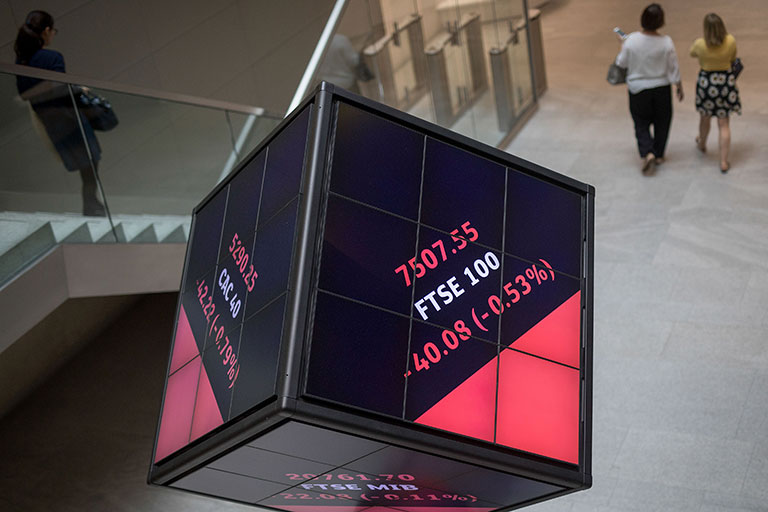
Markets in Europe hit an intriguing milestone last year.
Exchange-traded funds (ETFs) in Europe now hold more than $1trn worth of assets under management, according to figures from consultancy ETFGI (as reported by the FT).
That represents a doubling in size over the last four years.
MoneyWeek
Subscribe to MoneyWeek today and get your first six magazine issues absolutely FREE

Sign up to Money Morning
Don't miss the latest investment and personal finances news, market analysis, plus money-saving tips with our free twice-daily newsletter
Don't miss the latest investment and personal finances news, market analysis, plus money-saving tips with our free twice-daily newsletter
A lot of people worry that this is some sort of bubble. Or that it's bad for capital allocation.
Let's have a little think about that this morning, shall we?
Europe starts to catch up on passive funds
Exchange-traded funds (ETFs) are funds that are listed on the stock exchange. Unlike investment trusts, their share price should always (barring things going wrong) directly reflect the value of the underlying investments they own.
ETFs are also passive investment vehicles. All this means is that they track an underlying index. They don't try to beat it. This means that they are a lot cheaper than actively-managed funds, which do generally try to beat a benchmark or the wider market.
The underlying index itself can be just about anything. It could be the FTSE 100 or the S&P 500. If that's the case, the ETF will just replicate the performance of the FTSE or the S&P, less a small annual percentage fee (although in some instances, you can get ETFs that charge nothing at all).
The popularity of these sorts of passive trackers has soared, as more and more investors realise that they can get exposure to their own country's biggest companies at much lower cost than active managers will typically provide. Partly as a result of these lower fees, the passive funds generally deliver better returns too.
However, the index being tracked can also be something much more elaborate. "Factor" ETFs will track indices that are built around investing in stocks that have characteristics that have historically led to better performance. For example, value stocks or momentum stocks or small caps.
Or there are thematic ETFs, which choose a "hot" sector and then launch ETFs to capitalise on it. Current examples include cybersecurity, robotics, and a soon-to-be-launched "medical cannabis and wellness" ETF. These ETFs track indices that track companies which are active within these sectors.
You can see that the distinction between passive (merely tracking an index) and active (picking and choosing investments in order to beat the wider market) investing starts to become quite blurred here.
If you are building an index in order to launch an ETF that invests based on a specific strategy, or a specific sector, then are you all that different to an active manager who uses a value strategy, or who favours tech stocks or Chinese stocks?
To an outsider with no interest in defending one side or the other, you could argue that the only difference between the ETF and the active manager is that the ETF's strategy is more transparent, and you remove the discretionary human element which in the vast majority of academic literature, generally causes more trouble than it's worth.
Passive funds won't cause the next crash
This is why I find a lot of the criticisms of passive funds to be rather too lazy for my liking.
Lots of people not all of them with vested interests in the active management industry worry that passive funds are in some way creating or contributing to a bubble in valuations.
I don't necessarily think that this is wrong. But this is not a black and white issue. You can believe a number of things simultaneously. For example, the rise of passive funds, in combination with a never-ending, central-bank-underwritten bull market, may well be distorting capital flows in some subtle or not-so-subtle manner.
There is also the ever-so-slightly more niche risk that certain passive funds may be creating an illusion of liquidity where there is none in much the same way as the highly actively-managed Neil Woodford funds blew up last year.
But none of these potential problems makes passive funds in and of themselves, "bad" things. If investors weren't using passive funds to access the market, they'd still be buying it, probably using the same active funds that they've been pulling out of. People buy what's going up that's the way this stuff works. Passive funds and ETFs are simply a new way to do that.
As for the liquidity issue liquidity is something you must pay attention to when investing, and there's no doubt in my mind that come the next market crash (whether it's ten months or ten years from now), we will see certain ETFs or pockets of ETFs blow up or struggle to cope.
However, the same will apply to actively-managed funds. Any financial vehicle that offers its investors more liquidity than actually exists in the underlying market in which it invests is setting itself up for trouble in the future. As Woodford who I will note again, was an active manager, Britain's most famous one at that amply demonstrated last year.
In short, passive funds are just an evolution of financial markets. Will they be involved in the next crash? Of course. They're now a fundamental part of the market. But will they be the cause of the next crash? No.
And in the meantime, as long as you understand what the ETF or passive fund that you buy is actually investing in, then most of the time, you'll find that they are cheaper and preferable to the active alternative.
That's the point of evolution to improve things. Sometimes that happens even in financial markets.
Get the latest financial news, insights and expert analysis from our award-winning MoneyWeek team, to help you understand what really matters when it comes to your finances.

-
 Ayatollah Ali Khamenei: Iran’s underestimated chief cleric
Ayatollah Ali Khamenei: Iran’s underestimated chief clericAyatollah Ali Khamenei is the Iranian regime’s great survivor portraying himself as a humble religious man while presiding over an international business empire
-
 'AI will change our world in more ways than we can imagine'
'AI will change our world in more ways than we can imagine'Interview Rob Arnott of Research Affiliates talks to Andrew Van Sickle about the AI bubble, the impact of tariffs on inflation and the outlook for gold and China
-
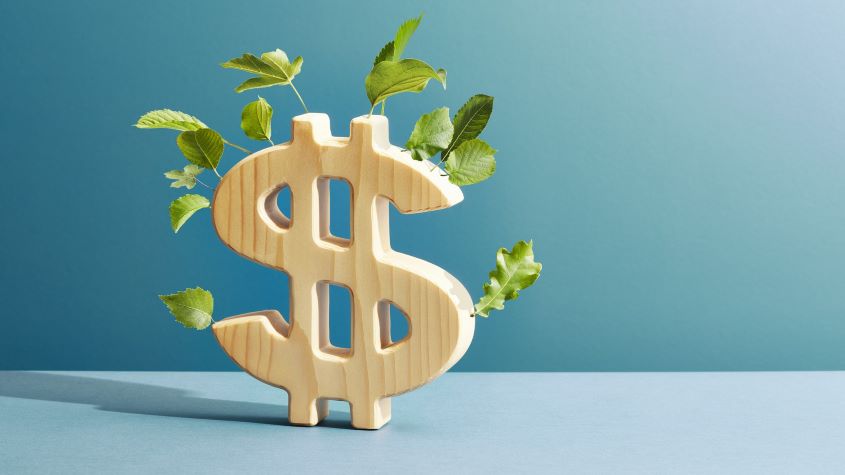 The highest yielding S&P 500 Dividend Aristocrats
The highest yielding S&P 500 Dividend AristocratsTips Dividends are a key component of investment returns in the long-term. A portfolio of dividend aristocrats is a great way to build wealth and a sustainable income stream.
-
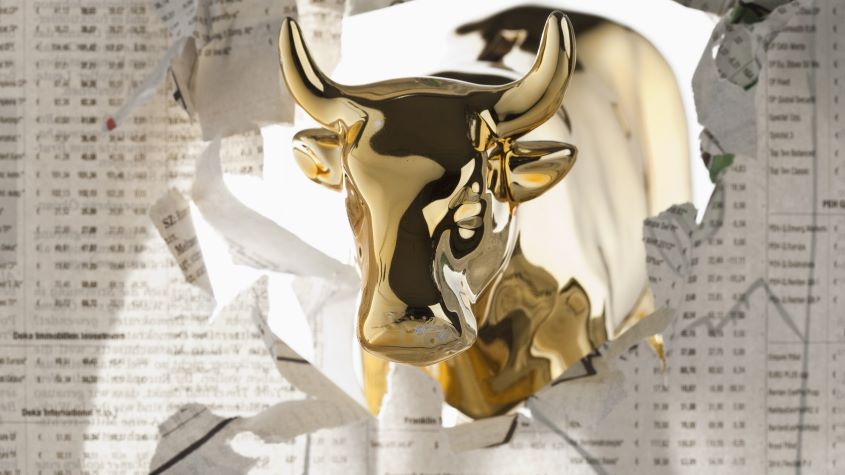 2023 will be a bumper year for stocks. Here’s how to play the rally
2023 will be a bumper year for stocks. Here’s how to play the rallyTips Dominic Frisby explains why he thinks the market rally could have further to run in 2023 despite macroeconomic headwinds
-
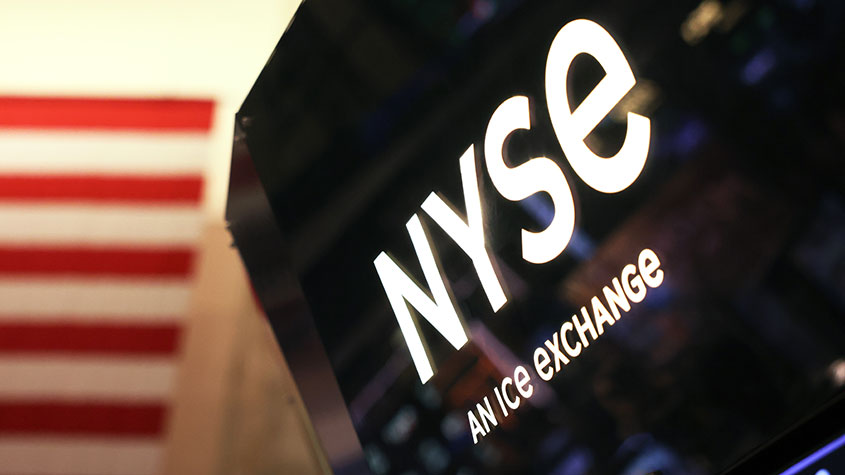 Crash? What crash?
Crash? What crash?Sponsored October is often said to be a month of stockmarket crashes. But that's not true for this year, says Max King. A host of positive triggers are lining up for equities, says Max King.
-
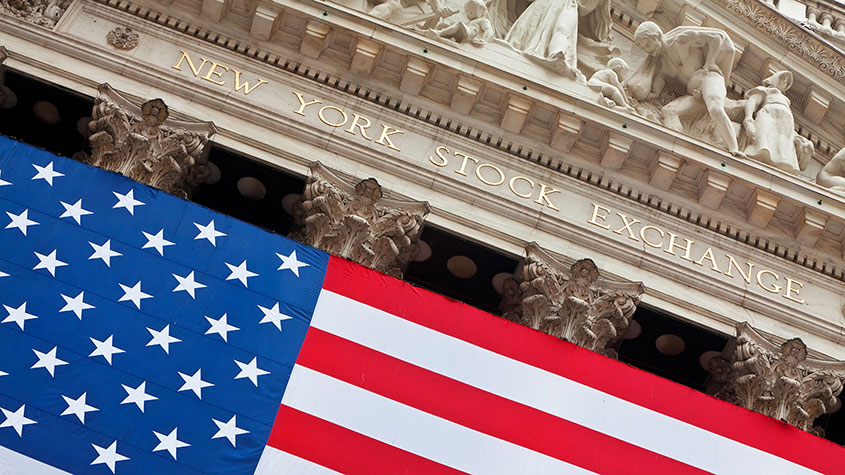 The US stock market – should you put more into the S&P 500?
The US stock market – should you put more into the S&P 500?Analysis Everything went right for the US stock market in the past decade. It will be hard to repeat that as interest rates rise. We look at how attractive the S&P 500 is right now.
-
 The end of cheap money hits the markets
The end of cheap money hits the marketsNews Markets have swooned as central banks raise interest rates, leaving the era of cheap money behind.
-
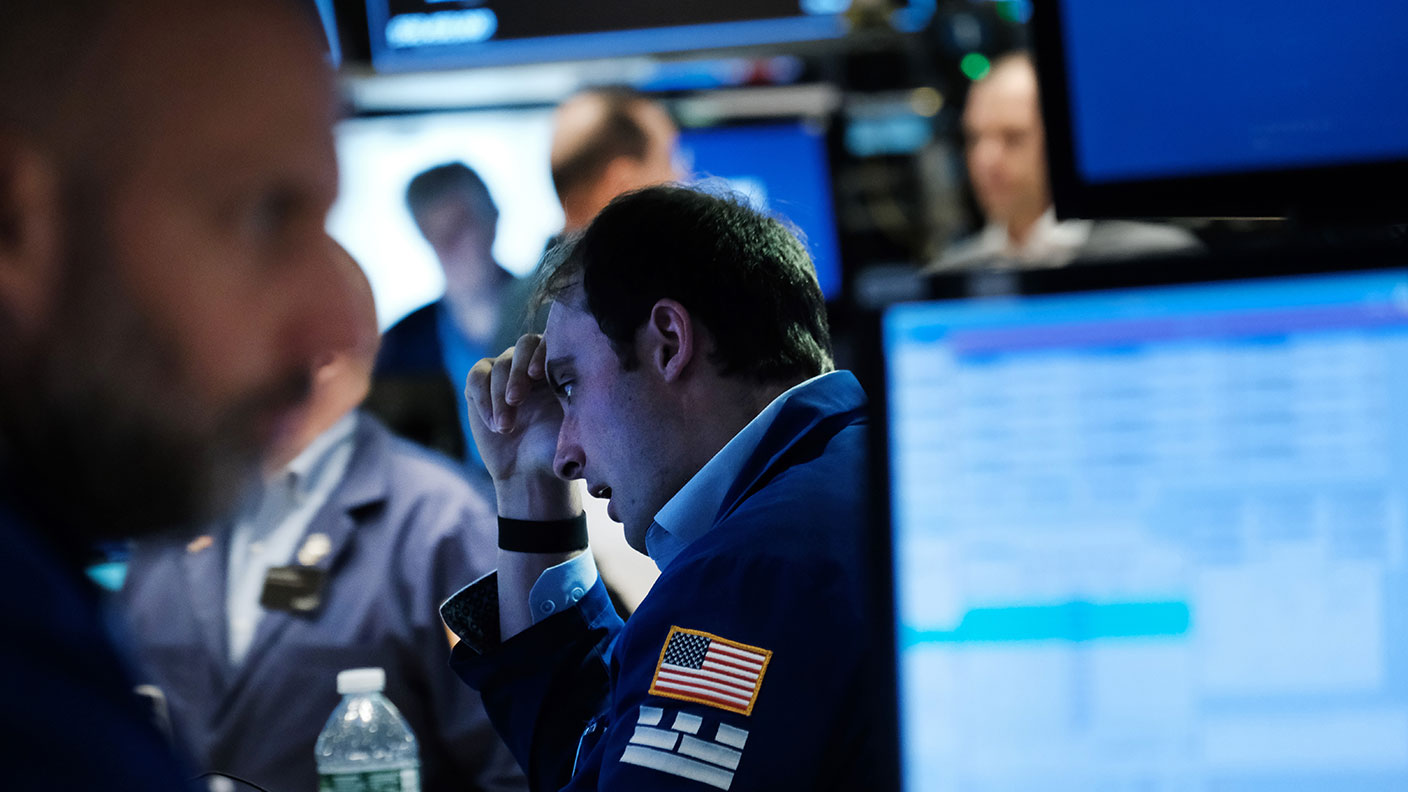 The markets say sell, but should investors listen?
The markets say sell, but should investors listen?Analysis As fear grips markets around the world, investors need to have an honest conversation about what they’re comfortable with owning.
-
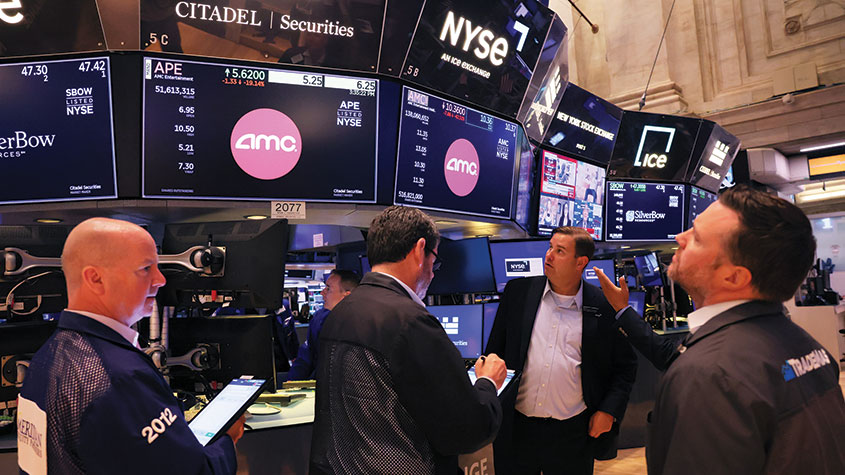 Are stocks back in a bull market or is this just a bear market rally?
Are stocks back in a bull market or is this just a bear market rally?News The S&P 500 index gained 17% between its June lows and 16 August, while the Nasdaq Composite rose more than 20%. So are stocks back in a bull market or is this just a brief rally before they resume their slide?
-
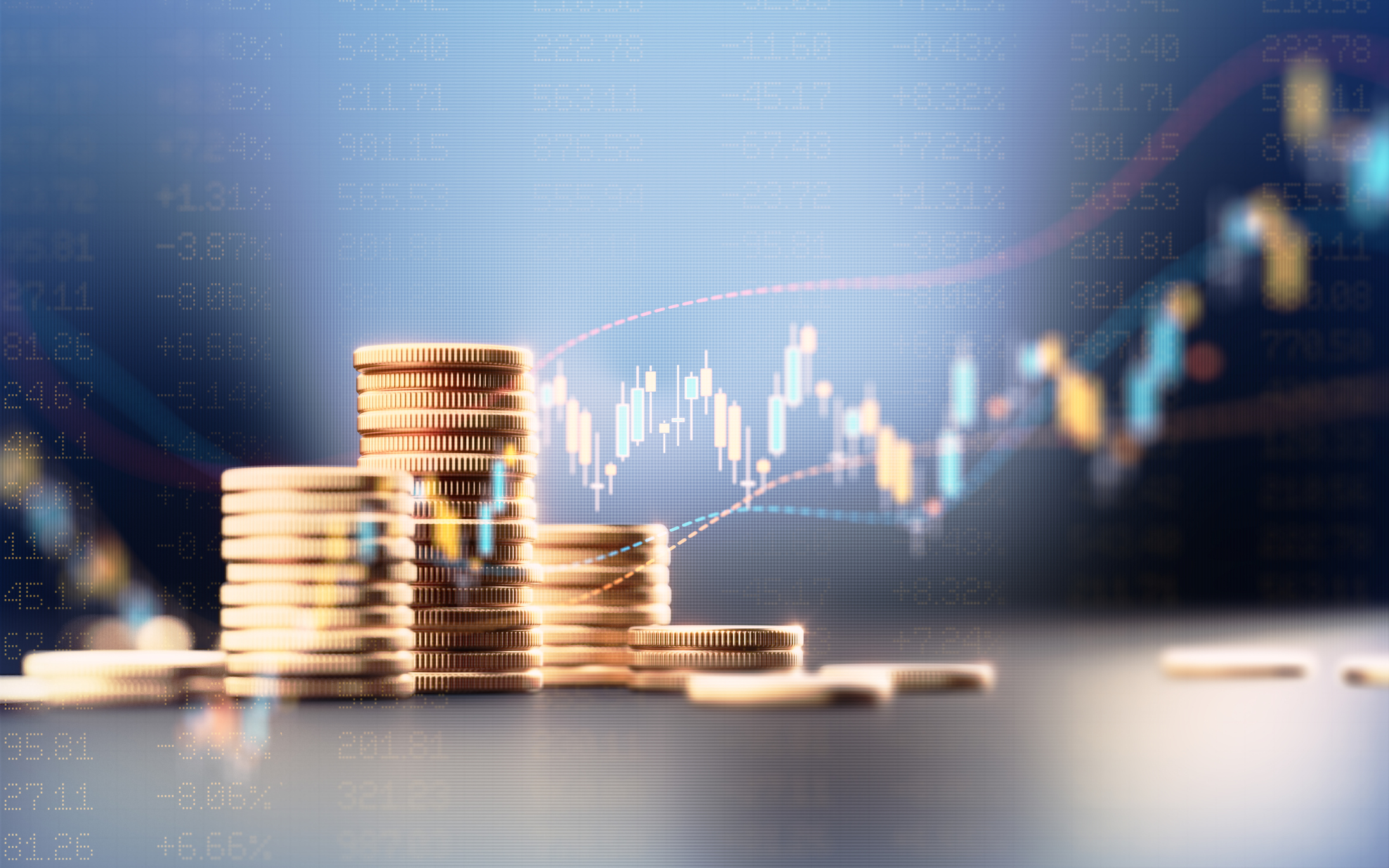 Low-cost index funds for simple investing
Low-cost index funds for simple investingTips Index funds are an easy, low-cost way for investors to invest in a sector or asset class. Here’s a selection of the cheapest passive tracker funds on the market right now